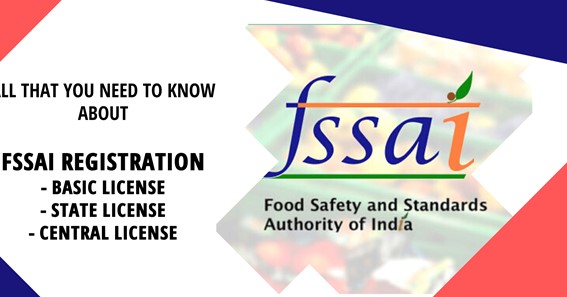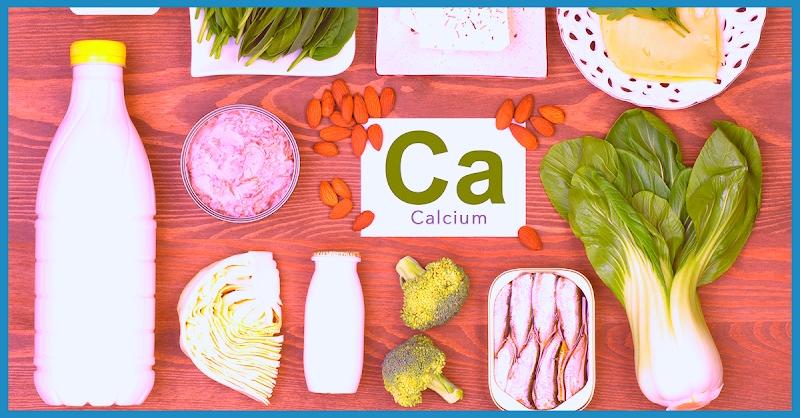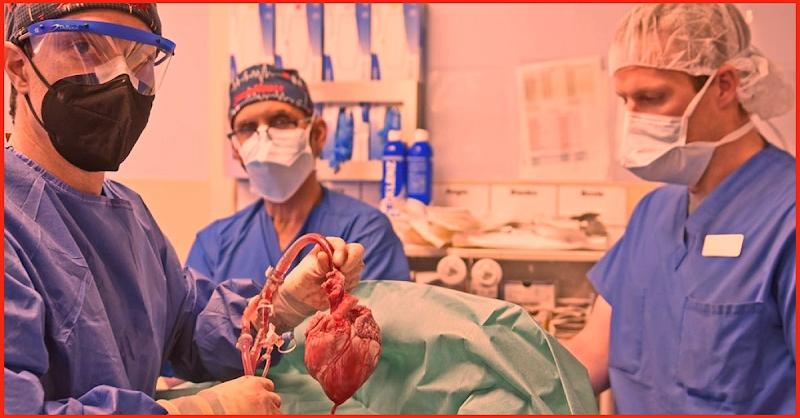In India, any particular entity or individual beginning with a food business must acquire a food license or a registration from the Food Safety and Standard Authority of India (FSSAI). The Ministry of Health and Family Welfare, the government of India that is headquartered in New Delhi ensures the implementation of the rules and regulations of FSSAI.
About 90% of food products sold in the Indian market have a prescribed specification by FSSAI. It is a validation and proof of a good quality food product. It takes nearly two months to obtain an FSSAI license and approximately six months for the launch of product approval in the market.
The food products that are not incorporated under FSSAI are sea products. Fishermen and farmers are beyond the scope of FSSAI. FSSAI maintains and regulates the food quality levels, and it also implements important schemes to eliminate the toxic and hazardous elements present in the food. This assures the customers about the quality of the products they are consuming. The packaging of a food product speaks volumes about its quality, and it informs the consumers about the safety standards as well. The consumers can also contribute by providing scientific techniques to the government.
Click here – The Casino: It’s all about the Power: Now streaming on ZEE5
Types of FSSAI Food License in India
There are three different types of food licenses issued by the Food Safety and Security Association of India; they are mentioned below.
Basic FSSAI Registration
- Small-sized food business operators like manufacturers, storage units, retailers must obtain this basic FSSAI registration
- It is issued by the state government for a minimum period of one year and a maximum period of 5 years.
- These food business operators usually have an annual turnover of fewer than 12 lakhs
State FSSAI Food License
- Food business operators having an annual turnover greater than 12 lakhs are issued this license
- Small to medium-sized manufacturers, storage units, transporters need to acquire the state FSSAI license.
- It has a minimum validity of one year and a maximum of 5 years
Central FSSAI License
- Food business operators having annual turnover more than 20 crores are issued this license
- Large manufacturers, government agencies, seaports, etc. should obtain a central FSSAI license
- This license is issued by the central government, and the minimum tenure of this license is one year, while the maximum is five years.
FSSAI Food license Eligibility
The following food business operators can be issued an FSSAI food license:
- Meat processing units
- Vegetable oil processing units
- Units producing vegetable oil through solvent extraction
- Hotels and restaurants
- Proprietary foods
- Slaughtering units
Documents required for FSSAI state license
- Contact details of all the directors
- The photo ID and proof of the proprietor issued by the government of India
- Authority letter with the name and address of the head mentioned
- NOC and a copy of a license from the manufacturer
- A food safety management plan or certificate
- The list of food categories that have to be manufactured
A food business operator needs to get a food license issued by FSSAI.
Food licensing and its objectives
The Ministry of Health and Family Welfare, the government of India that is headquartered in New Delhi ensures the implementation of the rules and regulations of the Food Safety and Standards Authority of India, commonly called FSSAI. In India, any entity or individual starting up with a food business needs to obtain a food license or a FSSAI Registration. About 90% of food products sold in the market have a prescribed specification by FSSAI. The food products other than these include sea products. Fishermen and farmers are beyond the scope of FSSAI.
Crucial Facts about FSSAI
- It takes nearly two months to get an FSSAI license issued and approximately six months for the launch of product approval in the market.
- FSSAI lays down a set of safety standards to regulate and maintain the manufacturing, distribution, and storage of the food products.
- FSSAI food license also ensures the availability of safe food products.
- This authority is largely responsible for promoting public health among the people by keeping a regular check.
- The Food Safety and Standards Authority also maintains the food quality levels, and it implements important schemes to eliminate the toxic and hazardous elements present in the food. This assures the customers about the quality of the products they are consuming.
- It is important to note that food safety standards vary from one food product to another. Still, the basic aim of FSSAI is to implement common necessary measures for very food type to keep the primary focus on public health.
- Malpractices like fraud, adulteration, misleading claims are strictly prohibited.
Click here – Top 3 Websites to Rent textbooks Online in 2020
Validity and renewal of FSSAI food license
The validity of the food license depends upon the type of license issued. All the types of licenses are valid for a period ranging from 1-5 years. A food license can be renewed by applying from either Form A or Form B before the 30 days of the expiry.
It is very important to apply for a food license if you are starting a food operating business.



